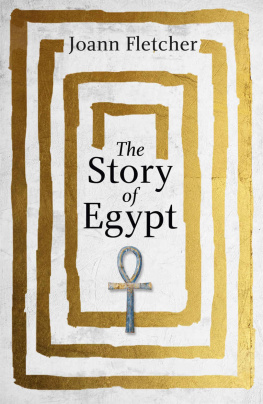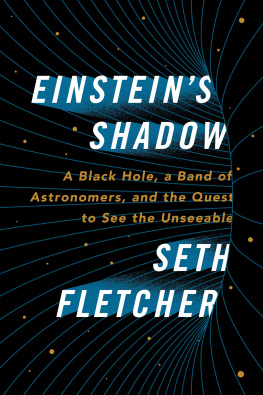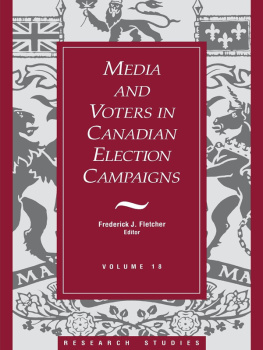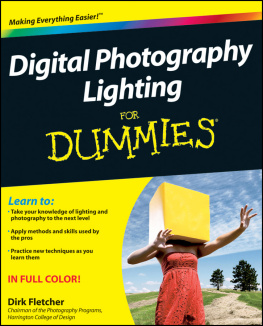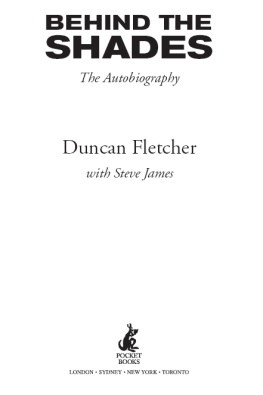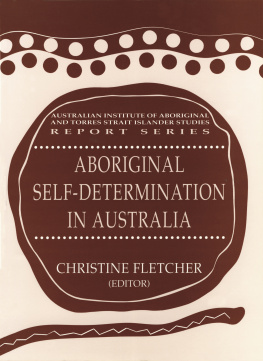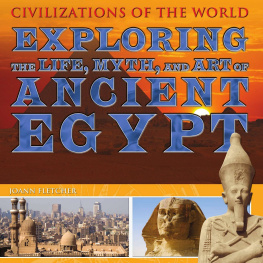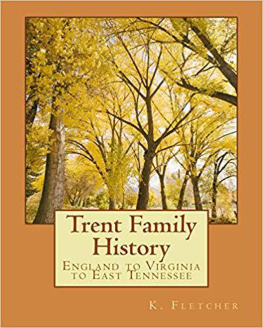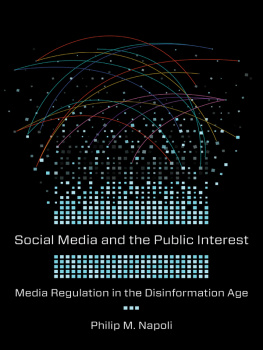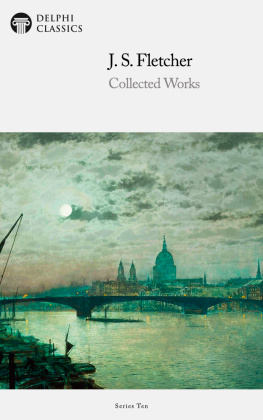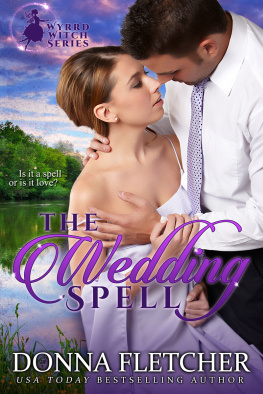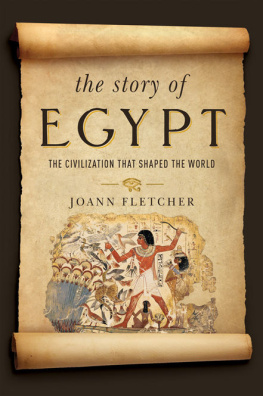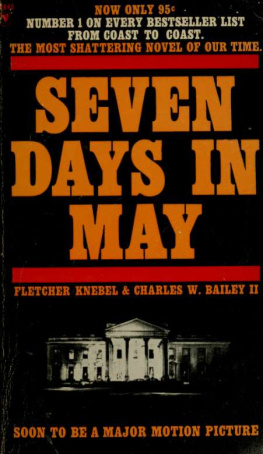Fletcher - The Story of Egypt
Here you can read online Fletcher - The Story of Egypt full text of the book (entire story) in english for free. Download pdf and epub, get meaning, cover and reviews about this ebook. year: 2015, publisher: Hodder & Stoughton, genre: Religion. Description of the work, (preface) as well as reviews are available. Best literature library LitArk.com created for fans of good reading and offers a wide selection of genres:
Romance novel
Science fiction
Adventure
Detective
Science
History
Home and family
Prose
Art
Politics
Computer
Non-fiction
Religion
Business
Children
Humor
Choose a favorite category and find really read worthwhile books. Enjoy immersion in the world of imagination, feel the emotions of the characters or learn something new for yourself, make an fascinating discovery.
The Story of Egypt: summary, description and annotation
We offer to read an annotation, description, summary or preface (depends on what the author of the book "The Story of Egypt" wrote himself). If you haven't found the necessary information about the book — write in the comments, we will try to find it.
The Story of Egypt — read online for free the complete book (whole text) full work
Below is the text of the book, divided by pages. System saving the place of the last page read, allows you to conveniently read the book "The Story of Egypt" online for free, without having to search again every time where you left off. Put a bookmark, and you can go to the page where you finished reading at any time.
Font size:
Interval:
Bookmark:
Professor Joann Fletcher is based in the Department of Archaeology at the University of York, where she teaches world mummification and funerary archaeology. She is also Consultant Egyptologist for Harrogate Museums and Arts and archaeology advisor to Barnsley and Wigan museums. Joann is the author of nine books and numerous articles including contributions to the BBCs History website. Among her many television appearances, the follow-up programme to The Search For Nefertiti (televised as Mummifying Alan: Egypts Last Secret) won a BAFTA, a Royal Television Society Award and an Association for International Broadcasting Award. She wrote and presented Life and Death in the Valley of the Kings and Egypts Lost Queens for BBC2, and has recently completed a four-part series on the history of ancient Egypt again for BBC2.

www.hodder.co.uk
First published in Great Britain in 2015 by
Hodder & Stoughton
An Hachette UK company
Copyright Joann Fletcher 2015
The right of Joann Fletcher to be identified as the Author of the Work has been asserted by her in accordance with the Copyright, Designs and Patents Act 1988.
All rights reserved.
No part of this publication may be reproduced, stored in a retrieval system, or transmitted, in any form or by any means without the prior written permission of the publisher, nor be otherwise circulated in any form of binding or cover other than that in which it is published and without a similar condition being imposed on the subsequent purchaser.
A CIP catalogue record for this title is available from the British Library
ISBN 978 1 444 78515 9
Hodder & Stoughton Ltd
Carmelite House
50 Victoria Embankment
London EC4Y 0DZ
www.hodder.co.uk
For Stephen and Eleanor
Contents


This is the story of Egypt the story of its ancient culture, and how this first came into being, how it developed and flourished, apparently declined, and then finally came to a notional end.
Retold countless times down the centuries, there are as many versions of Egypts story as there are those to tell it. And so this is simply my version, featuring the people, places and events that have fascinated me my whole life.
And it is fair to say Egypt has pretty much been my life. Familiar and accessible through my familys books, photographs and wartime recollections, the ancient Egyptians were, it seems, always around during my childhood, as the inspiration for my earliest drawings, the way I dressed my dolls, the things I read and collected.
The defining moment came in 1972, when the Tutankhamen exhibition arrived in Britain. His beautiful golden face appeared everywhere in the media frenzy for all things pharaonic, and Egyptologists of the day were regularly asked for quotes by the press. The revelation that people actually studied ancient Egypt as their job seemed to me both astonishing and wonderful so at the age of six, I announced that I was going to do that too.
Admittedly it was not a particularly straightforward career choice for a young girl growing up in the Yorkshire mining town of Barnsley in the 1970s, when ancient Egypt was certainly not on the national curriculum. Assuming I was completely deluded, careers advisors insisted that teaching or nursing were my only realistic alternatives, while letters seeking the advice of curators and academics likewise drew a blank.
Yet my mind was made up. Falling head over heels in love with the country, its people, and its past on my first trip to Egypt at the impressionable age of fifteen, I worked all the harder to gain the required exam results for acceptance on to my dream degree course Egyptology and ancient history. Initially studying as an undergraduate, then as a postgraduate, I am now lucky enough to teach the subject myself, working with universities, museums, laboratories and television companies, and spending time in Egypt, with my adopted family, with my friends, and with some of my Egyptological heroes.
And this has led to a whole range of fascinating projects I could never have imagined as a child; not only to rediscover the past, but to try to recreate it, to better understand how the Egyptians lived, how they died, and how they then lived on through mummification, preserving themselves for the future.
Work that has taken me all over Egypt, as far afield as Yemen, Sudan and South Africa not to mention Barnsley, Harrogate and Wigan the results of diverse projects in diverse places, has certainly caused me to question some long-held notions about Egypts ancient past and its people, meaning that my story of Egypt inevitably varies from more traditional histories.
For these can sometimes almost suggest that an elite group of men sprang fully formed from the banks of their great river, remaining in splendid isolation for the last three thousand years BC , before apparently disappearing as mysteriously as they had arrived, their exotic and arcane legacy largely impenetrable to the modern west.
Yet for all their esoteric reputation, the Egyptians were actually the most practical and inventive of people, whose view of their world quite logical when seen through their eyes is really no more curious than our own.
And certainly all the elements that made up ancient Egypt were already in place far earlier, lasted far longer and covered a much wider area than is generally acknowledged, certainly far beyond the narrow confines of the Nile Valley, and much of traditional Egyptology.
So by pushing back boundaries beyond limited time frames, beyond current borders, and beyond a male elite of kings and priests, there emerges a rather more balanced kind of story.
Spanning millennia, continents and classes, it is a story initiated by climate change and migrating populations, brought together in a very particular environment a desert irrigated by a single great river, whose fertile banks nurtured the greatest culture the world has ever seen.
Jo Fletcher
Yorkshire
2015
Within their rich body of myth and legend, the Egyptians believed that in the beginning was complete darkness, a darkness made up of the infinite, formless waters from which the very first mound of earth appeared.
Yet creation was no unique event; it reoccurred every single year when the world was created anew from the annual Nile flood, when the whole country is converted into a sea , as one ancient eyewitness claimed.
Believed to originate in a cavern in the furthest reaches of southern Egypt, the floodwaters arrival was heralded by the rising of the Morning Star (Sirius), which the Egyptians identified as the glittering goddess Sothis, the most beautiful of all, at the start of a happy year .
As the Niles welcome waters began to rise and spill out across the land, they literally brought life, hugging the fields, so each is reborn . As the meadows laugh when the riverbanks are flooded , it was said that the whole land leaps for joy! as people threw flowers, offerings and even themselves into the waters.
Just as the rhythms of the river dictated the pace of life as its levels rose and fell each year, so its annual cycle formed a structured calendar of three seasons the inundation ( akhet ), followed by spring planting ( peret ) and summer harvest ( shemu ). Each year the receding waters would reveal a revitalised land filled with the promise of new life, a layer of rich black wet silt, sparkling in the sunshine, within which bountiful harvests could grow. In fact, the silt was such a stark contrast with the sterile sands of the surrounding deserts that Egypt was very clearly a land of two parts, a dual landscape of Red Land, Black Land: deshret and kemet .
Font size:
Interval:
Bookmark:
Similar books «The Story of Egypt»
Look at similar books to The Story of Egypt. We have selected literature similar in name and meaning in the hope of providing readers with more options to find new, interesting, not yet read works.
Discussion, reviews of the book The Story of Egypt and just readers' own opinions. Leave your comments, write what you think about the work, its meaning or the main characters. Specify what exactly you liked and what you didn't like, and why you think so.

